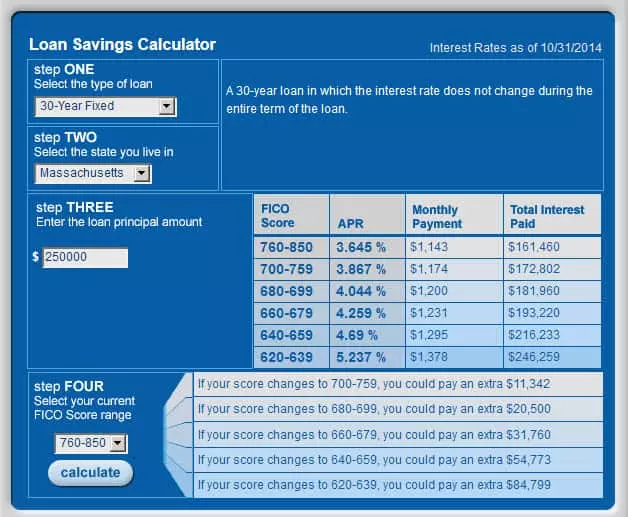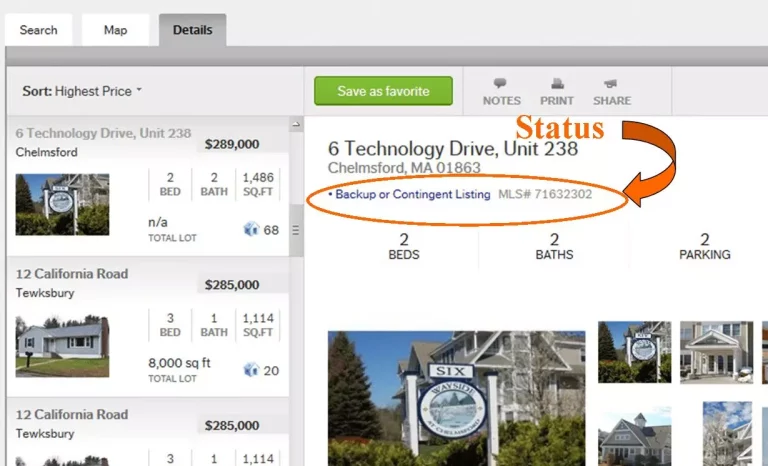Days on Market- An Important Metric for Buyers, Sellers and REALTORS




Today we will discuss the top credit don’ts while buying a house. When you get a pre-approval and you are in the process of buying a home in is important to keep your credit status quo. Your credit score is…
Assessing Your Needs Upfront Can Save you Months of Frustration When buying a home, assessing your needs upfront can help you maintain your focus. Be careful not to confuse wants with needs. When I say needs I am talking about…

Over the years I have found much confusion about the availability of homes for sale when doing a Massachusetts Home Search. When you are thinking of buying a home many buyers will just start cruising the internet looking for a…

You list your home and you anxiously await an offer. Showings are sporadic. Thirty days go by, then sixty then ninety. Then you pass the average days on market in your area. It starts to become obvious to you that…

Seems like the selling season is upon us many good properties are getting snatched up quickly. Yet some seem to sit on the market for longer then usual. One thing a seller must pay attention to is how are showings…
Conventional wisdom in the past has been to take your house of the market for the holidays. It’s time to re-think taking your home off the market for the holidays, Over the past couple of years that thinking has been…

Plum Island is a barrier island of the northeast coast of Massachusetts. The island is divided between four towns, Newbury, Newburyport, Rowley and Ipswich. Most of the residential homes sit in Newbury and Newburyport on the northern side of the…

Owning a home is part of the American dream. Most people are attracted to the independence, freedom and the pride of ownership that owning a home brings as an essential part of the American way of life. Deciding to buy…